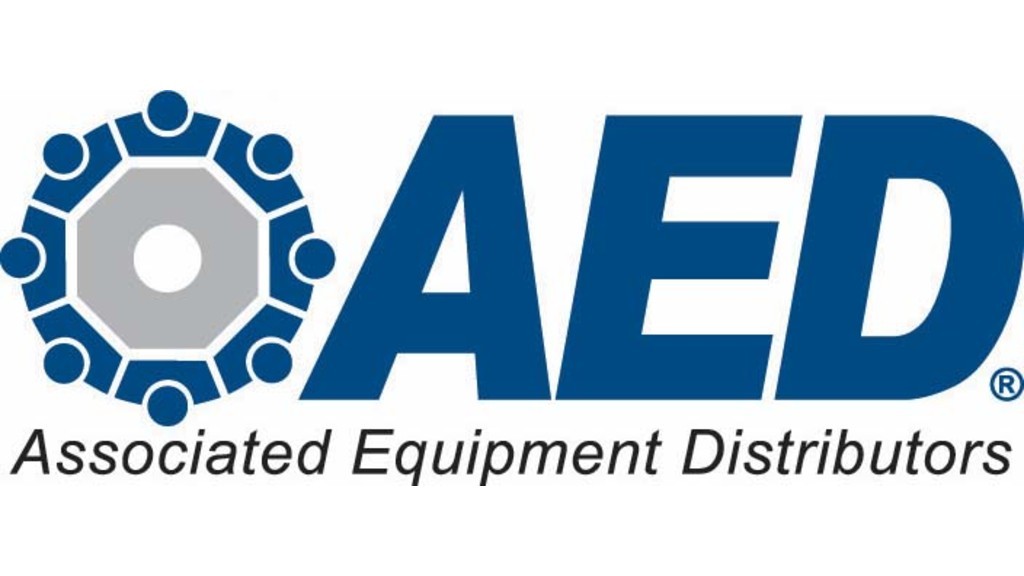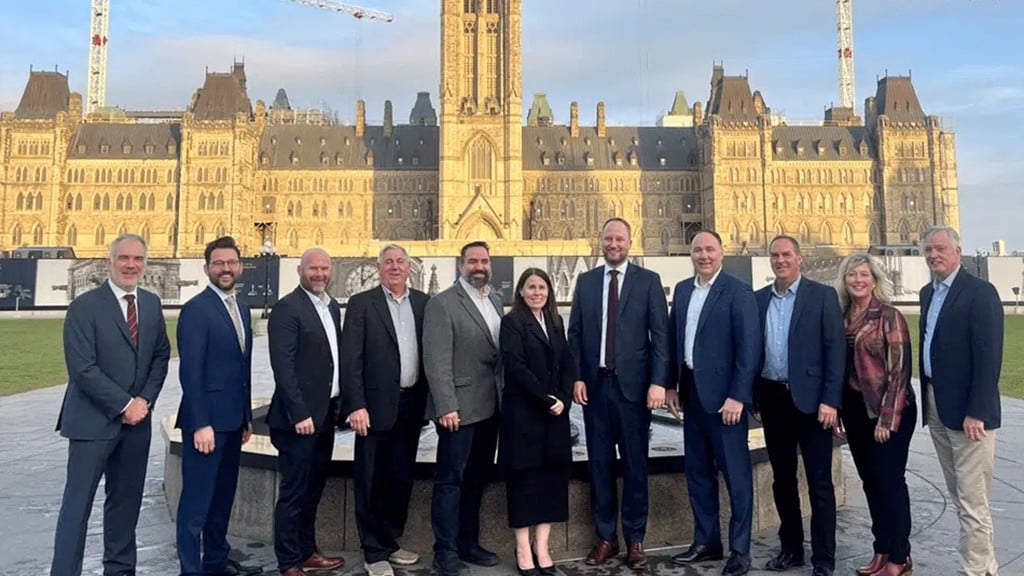Several AED priorities included in $2 trillion COVID-19 relief and government funding package

On December 21, lawmakers unveiled a $2 trillion COVID-19 relief and government funding package that contained several AED priorities, including an additional $10 billion for state Departments of Transportation (DOT) to fund road and bridge projects.
"The supplemental funding for road and bridge projects is a direct result of the work AED and its members have done to deliver the message to lawmakers that inaction on infrastructure investment was unacceptable," said AED's President & CEO Brian P. McGuire. "States have seen significant declines in revenue due to the pandemic and money specifically targeted to state Departments of Transportation will go directly to work that will keep AED member customers busy as we start the next construction season. While a significant victory now, our efforts are just beginning. Congress must build upon the bipartisanship exhibited during the past week to pass infrastructure legislation early in 2021 that will spur economic growth and job creation for years to come."
Last summer, AED launched a grassroots initiative to urge its members to contact their U.S. Senators to make the case for the need for infrastructure investment. The effort resulted in more than 75 percent of the association's dealers participating.
In total, AED's distributor and manufacturer members delivered nearly 1,000 letters and emails, reaching all 100 U.S. Senate offices.
Congress also clarified that gross income does not include any amount that would otherwise arise from the forgiveness of a Paycheck Protection Program (PPP) loan, that deductions are allowed for otherwise deductible expenses paid with the proceeds of a PPP loan that is forgiven, and that the tax basis and other attributes of the borrower's assets will not be reduced as a result of the loan forgiveness. Given that the majority of AED distributor members received between $197 million-$462 million in vital loan assistance, the deductibility of PPP-related expenses was a top priority.
In addition to the state DOT funding and the deductibility of PPP expenses, other beneficial provisions include:
- Water Resources Development Act (WRDA) legislation, authorizing $16 billion in port, waterway and harbor maintenance projects.
- A 100 percent deduction for business meal food and beverage expenses provided by a restaurant that are paid or incurred in 2021 and 2022.
- Extend and expand the Employee Retention Tax Credit (ERTC) to cover 70 percent of qualified wages, reducing the required year-over-year gross receipts decline to 20 percent and increases the delineation for determining the relevant qualified wage base to employers with 500 or fewer employees.
- Reopens the Paycheck Protection Program (PPP) for first time and second time borrowers and develops a process for companies to receive a second PPP loan (up to $2 million) if the small business has less than 300 employees and can demonstrate a revenue reduction of 25 percent.



